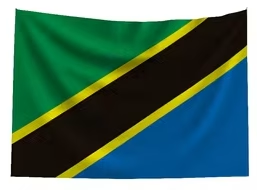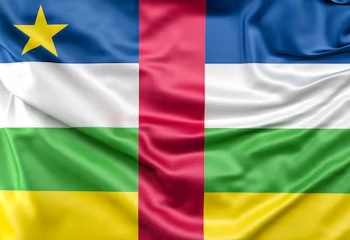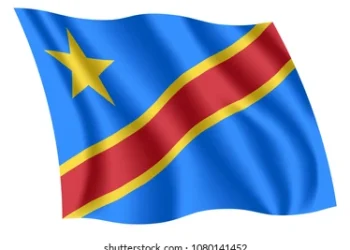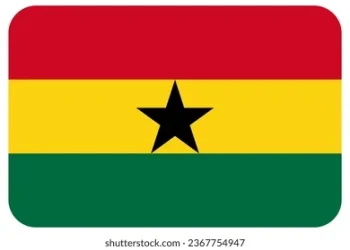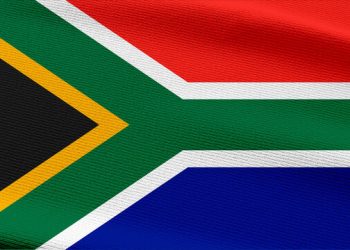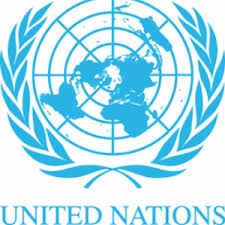Tanzanian President Samia Suluhu Hassan has announced an independent inquiry into deadly unrest that followed the disputed October 29 presidential election, amid opposition claims that security forces killed hundreds of protesters.
Opposition parties and rights groups say large numbers of people died during three days of demonstrations against the vote, though they differ on the exact toll; some estimates run into the hundreds or higher. The government has yet to release an official figure.
Addressing parliament in Dodoma, Hassan said the commission would examine “issues that led to the unrest” and help shape the reconciliation and peace efforts her administration has pledged to pursue. She also publicly acknowledged Chadema’s long-standing demand for constitutional reforms, promising to launch a reform process “within the first 100 days” of her new term.
Protests erupted on election day after major opposition contenders were barred from the race. Young people in particular took to the streets to denounce what they saw as a one-sided contest. Hassan was later declared the winner with over 97% of the vote, a result the African Union observer mission and other international monitors said did not meet democratic standards.
Security forces moved swiftly to suppress the demonstrations, imposing curfews and cutting internet access. Hundreds of people were arrested nationwide; prosecutors have since charged scores — potentially more than 200 — with treason, a capital offence under Tanzanian law.
Hassan told lawmakers she had ordered the release of some detainees and urged leniency for those, especially youths, who joined the protests out of “peer pressure” rather than any organised plot.
“For those who were just following the wave, let them be counselled and released,” she said, adding that “as a mother” she had chosen to forgive a portion of the protesters.
Her remarks come as Tanzania faces mounting international pressure over alleged extrajudicial killings, enforced disappearances and mass arrests tied to the election. The UN human rights chief and the African Union have both called for credible investigations and deep political reforms.
Whether the new commission and promised constitutional review will satisfy critics remains unclear. Chadema and civil society groups are demanding the release of all political prisoners, a genuine opening of political space and a restructuring of election laws to prevent a repeat of October’s crisis. For now, Hassan’s pledges mark the first formal acknowledgement from the presidency that the crackdown requires scrutiny — and that Tanzania’s political system may need more than cosmetic changes.


